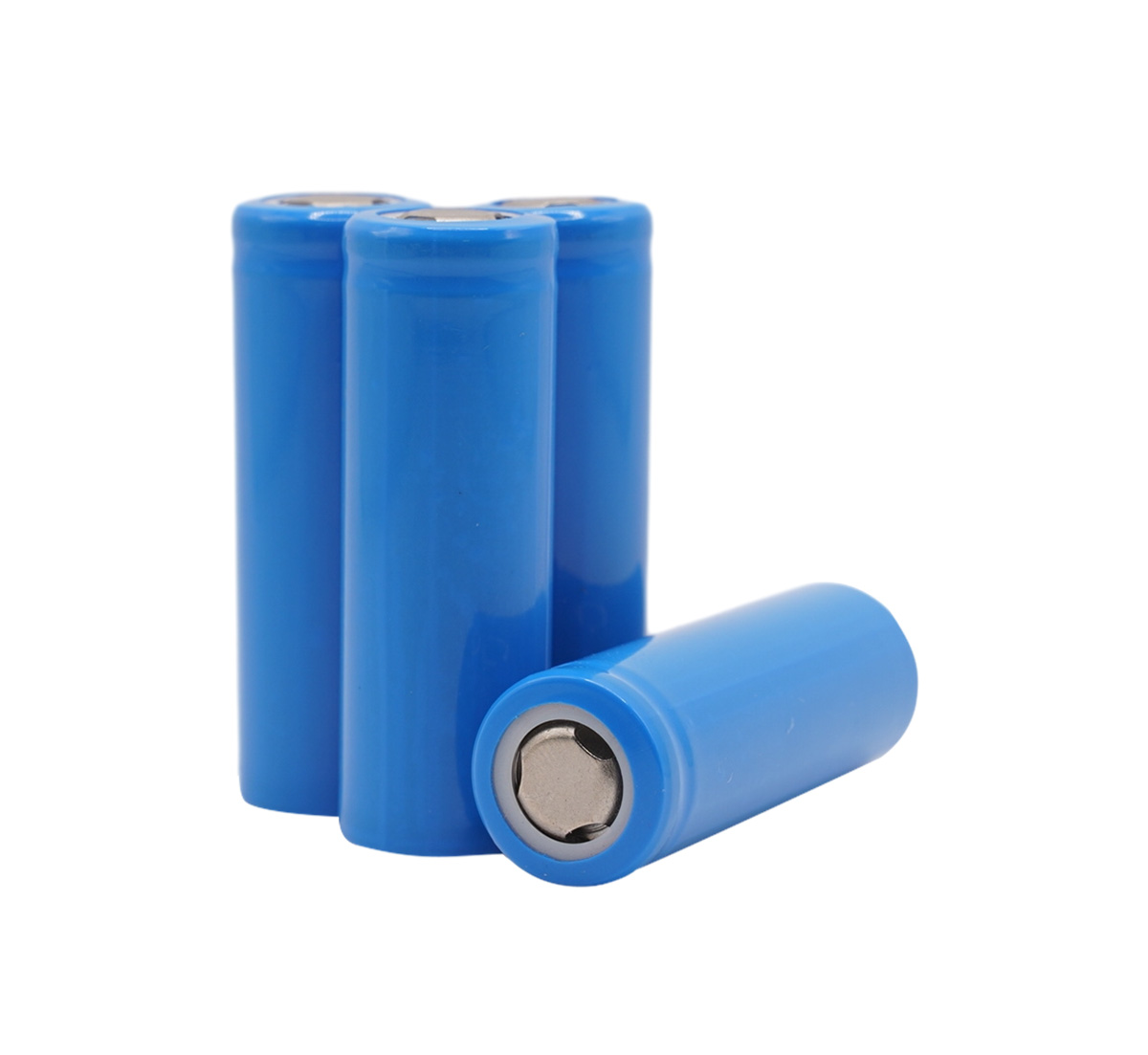Time:2024-03-27 Preview:1 source:News

The application of new water treatment technologies in lithium battery production has indeed brought significant benefits, including doubling the production of lithium batteries. This is mainly due to the fact that the ultrapure water system is an indispensable part of lithium battery production, and its quality has a crucial impact on battery performance.
The main raw materials for lithium battery production are lithium carbonate, lithium hydroxide, etc., which have extremely high requirements for water quality. Under normal circumstances, water contains calcium and magnesium ions, as well as solid particles and colloidal substances. These impurities will shorten the service life of the battery and do not comply with national standards for battery water use. Therefore, advanced water treatment technology is needed to prepare high-quality ultrapure water.
For example, some advanced lithium battery manufacturers have adopted a variety of water treatment technologies including reverse osmosis technology and ion exchange technology. These technologies can fundamentally ensure the quality of effluent and meet the high water quality requirements of lithium battery production. At the same time, these technologies also have the characteristics of low wastewater production and no pollution to the environment, and have high environmental and economic benefits.
In addition, new water treatment technologies have also had a positive impact on lithium battery production in other ways. For example, the sustainability of lithium battery production is further improved by optimizing production processes, reducing energy consumption and reducing waste emissions.
However, it is worth noting that although new water treatment technologies have brought significant benefits, their application also needs to be evaluated and optimized in conjunction with specific production environments and conditions. At the same time, with the continuous development of science and technology, more innovative water treatment technologies may appear in the future, bringing more possibilities to lithium battery production.
Related suggestion:
Do lithium-ion batteries require a circuit protection board?